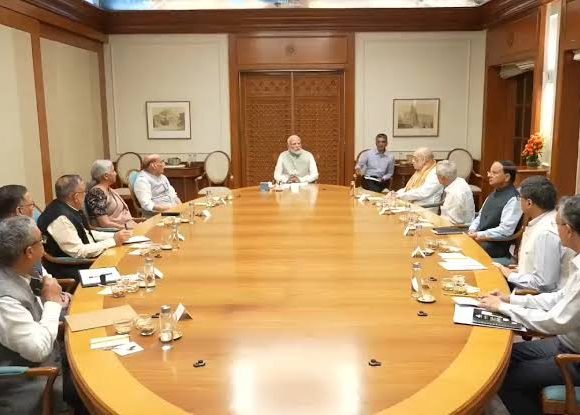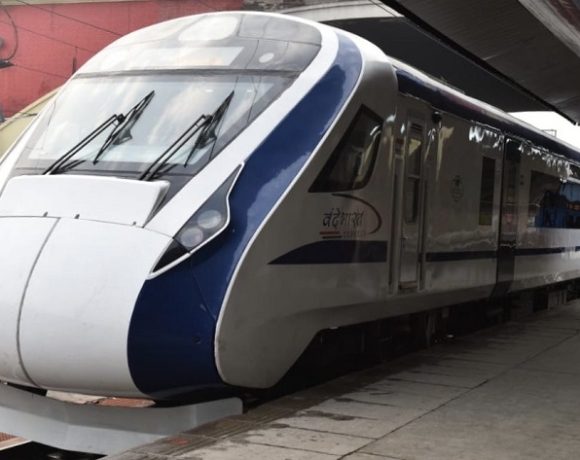
Trade Unions Call Massive Bharat Bandh on July 9
A united front of ten central trade unions and their affiliated organizations has called for a nationwide Bharat Bandh on July 9, mobilizing what they claim will be over 25 crore workers from across India. The strike is aimed at protesting against what the unions describe as “anti-worker, anti-farmer, and pro-corporate” policies of the central government.
Bharat Bandh
The all-India strike is expected to paralyze a wide range of services and industries including banks, post offices, mining, manufacturing, public sector units, road transport, construction, and even portions of the rural employment sector. The unions have warned of widespread disruptions and closures, as both formal and informal sector workers join the protest.
Amarjeet Kaur of AITUC emphasized the scale of participation, stating that rural laborers and farmers would be a significant part of the movement. Harbhajan Singh Sidhu of HMS pointed out that the level of anger and disillusionment among workers has reached a tipping point, with many feeling sidelined by the government’s economic reforms.
Trade unions
The protesting unions include AITUC, INTUC, HMS, CITU, AIUTUC, TUCC, SEWA, AICCTU, LPF, and UTUC. They have accused the Centre of undermining worker rights through reforms masked under the phrase “ease of doing business.” They argue that the four new labour codes — passed without proper consultation — have stripped away protections related to working hours, collective bargaining, job security, and trade union powers.
The unions also criticized the government for not holding the Indian Labour Conference since 2015, and for ignoring their 17-point charter of demands, which includes reversal of privatization drives, guarantees for minimum wage and job security, and stronger enforcement of safety and welfare laws.
Govt policies
Organizers said the Bandh is not just a one-day event but a symbol of growing resistance against what they perceive as a systematic dismantling of the welfare state. They accused the government of aggressively pursuing privatization, outsourcing, and contractualization in public services, while turning a blind eye to inflation, rural distress, and unemployment.
This upcoming Bharat Bandh follows a series of national strikes held in recent years—most notably in November 2020, March 2022, and February 2024. Each protest has grown in scale, underscoring the widening rift between India’s working class and the current policy direction.
As India prepares for July 9, authorities in various states have begun assessing possible law and order implications, even as trade unions remain resolute in what they call a “fight to restore the constitutional and socio-economic rights of the working people.”


















